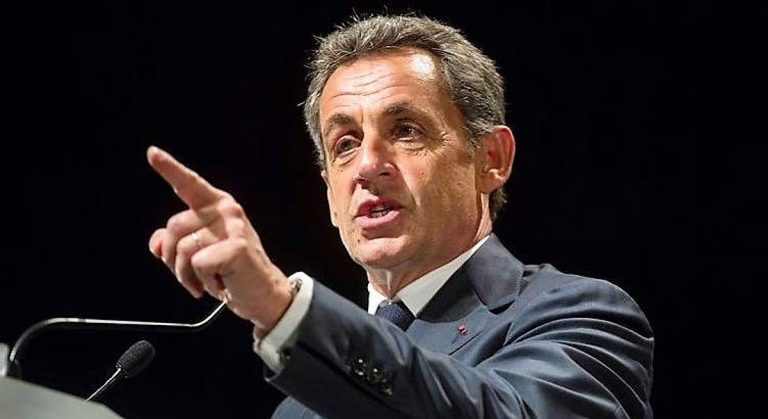Former French President Nicolas Sarkozy has begun serving a five-year prison sentence after being found guilty of criminal conspiracy in a long-running investigation into alleged illegal financing of his 2007 presidential campaign.
The 70-year-old, who led France from 2007 to 2012, was convicted last month by a Paris court, which ruled that he had taken part in a scheme to solicit millions of euros from Libya’s late leader, Muammar Gaddafi, to fund his successful 2007 campaign. Sarkozy has repeatedly denied the allegations, calling the verdict a “judicial scandal.”
According to court documents, Sarkozy’s sentence includes two years suspended and three years to be served, with the judges ordering that it take immediate effect due to the gravity of the offence.
He reported to La Santé Prison in Paris on Tuesday, October 21, 2025, becoming the first former president in France’s modern history to serve time behind bars.
“I will sleep in jail, but with my head held high,” Sarkozy told reporters shortly before beginning his sentence. “I have never betrayed the Republic.”
Prosecutors alleged that Sarkozy and several aides accepted up to €50 million (US $54 million) in illicit Libyan funds, far exceeding France’s legal campaign spending limit. The money was allegedly funneled through intermediaries close to both governments.
While the court did not establish that Sarkozy personally received the funds, it found him guilty of criminal association and illegal campaign financing as part of the broader network behind the scheme.
His lawyers have filed an appeal, meaning he is still presumed innocent until the appeal process concludes. However, under French law, he must remain in custody while the appeal is heard.
Sarkozy had previously received a three-year sentence, two of which were suspended in a separate corruption and influence-peddling case in 2021. That term was later converted into home confinement.
The latest conviction marks the most serious legal blow yet to the former president, who once vowed to “restore France’s moral authority.”

